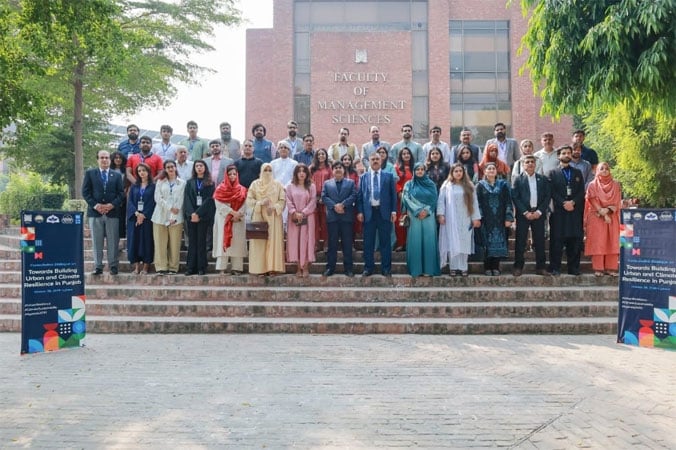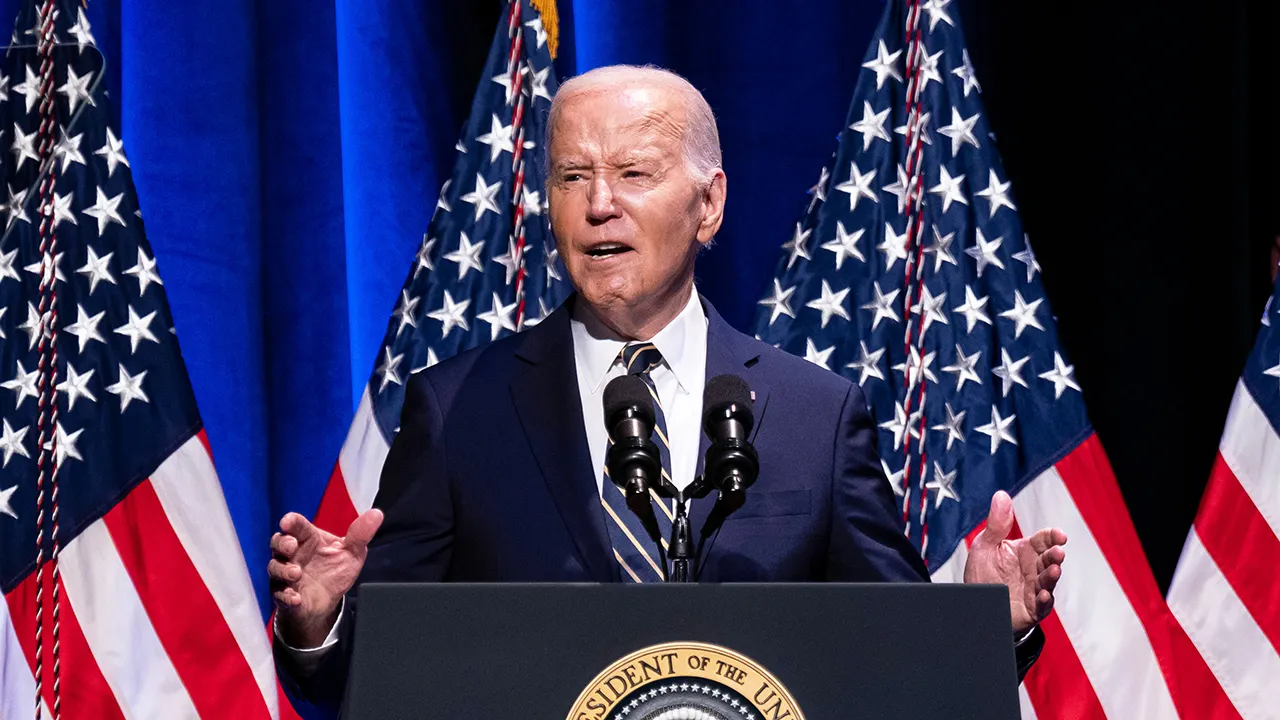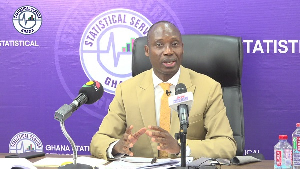Copyright dailytimes

Punjab, with a population exceeding 125 million and over 150 cities and towns, faces a critical stage in its urban and environmental development. Rapid, unplanned urban growth has amplified environmental damage, worsened air quality, depleted groundwater reserves, and increased vulnerability to climate shocks. According to the World Bank’s Poverty, Equity, and Resilience Assessment (2025), Pakistan’s actual urban population is estimated to be between 60% and 80%, a figure considerably higher than the official 39%. These combined challenges threaten the province’s livability, productivity, and public health, posing significant obstacles to achieving Sustainable Development Goals (SDGs) and economic growth. In this context, UNDP Pakistan’s Punjab SDGs Unit, in partnership with Beaconhouse National University (BNU), organised a high-level consultative dialogue on ‘Towards Building Urban and Climate Resilience in Punjab,’ with additional knowledge partners including Lahore University of Management Sciences (LUMS) and University of Engineering and Technology, Lahore (UET). The session aimed to explore ways to identify critical governance gaps and climate vulnerabilities, and to establish global best practices in urban planning, data governance, and technology-driven climate adaptation, offering a clear foundation for resilience-oriented urban reforms. While opening the session and sharing the Beaconhouse National University (BNU)’s vision for a climate-resilient and ECOSMART CAMPUS, Dr Moeed Yousuf, Vice-Chancellor, BNU, said, “We really believe in the ethos of sustainability. The problem is that in Pakistan, academia is often not part of the conversation on these issues – policy, social mobility, and change. That’s where BNU wants to ensure we collaborate with all universities that engage Pakistan’s educated youth to promote sustainability and climate resilience as core values and qualities they embody. What could be a better way to produce responsible citizens than to instil environmental stewardship?” The event featured keynote remarks from Dr. Zafar Iqbal, Additional Director General (EPA), Environment Protection & Climate Change Department, Punjab, who shared the Government of Punjab’s vision and significant measures for smog mitigation, resilient, data-informed policymaking and inclusive urban development in Punjab. “Transportation and industry are major contributors to smog – 39% from transportation, 24.5% from industry, 15.72% from energy, 10.53% from agriculture, and 9.3% from other activities. Technological interventions, such as the Green Punjab app, the Eco Watch app, and the 1373 helpline, are key initiatives to improve documentation of smog. “Ban on fireworks, change in school timings, carpool mandate in schools, and green lockdown are just a few measures taken in Punjab to limit movement and decrease fuel consumption,” he added. “Cities such as Lahore, Faisalabad, and Multan exemplify unsustainable sprawl, where unchecked growth has stressed infrastructure, reduced green spaces, and increased social inequalities. There is a need to focus on climate-smart financial planning, metropolitan governance, risk-informed zoning, and nature-based sustainable solutions, Nadeem Khurshid, Urban Resilience Specialist at UNDP’s Punjab SDGs Unit, highlighted. Session Speakers included Dr. Zafar Iqbal, Additional Director General, Environmental Protection & Climate Change Department, Government of Punjab; Ms. Saima Murtaza, Deputy Director, Punjab Green Credit Programme, Government of Punjab; Mr. Nadeem Khursheed, Urban Resilience Specialist, UNDP; Dr. Zubair Khalid, Co-Director, Center for Urban Informatics, Technology & Policy, LUMS; Dr. Shaker Mehmood, Chairperson, City & Regional Planning Department, University of Engineering and Technology; Ms. Nooria Shiraz, Lead, Sustainability Initiatives, BNU; and Mr. Abdul Waris, Lahore Academic Alliance for Climate Action, University of Lahore. The event brought together key representatives from WWF, RUDA, Environment Protection and Climate Change Department, Urban Unit, Punjab Green Development Programme, BNU, LUMS, UET, University of Lahore, Forman Christian College, along with research institutions, development practitioners, civil society actors, influencers, faculty, and youth. They explored pathways and exchanged insights on policy perspectives, data-driven urban management, AI for climate resilience, Punjab’s SDGs journey, the importance of urban resilience, digitalisation, and the role of academia as a catalyst for environmental stewardship. While concluding the session, Dr M Aman Ullah, Project Manager of UNDP’s Punjab SDGs Unit, stated, “Punjab contributes the largest share to Pakistan’s economy and bears a unique responsibility to advance national progress on the SDGs. Through this consultative dialogue, we are progressing from strategy to action by identifying practical tools to develop data-driven resilience strategies, enhance institutional cooperation, and generate recommendations for integrating climate resilience into Punjab’s policies and planning-ultimately transforming its cities into sustainable engines of growth aligned with SDG objectives.” Enhancing local institutions, improving data management, and implementing technology-driven, coordinated resilience planning are now essential to guide Punjab towards sustainable, climate-resilient urban development. Acknowledging Punjab’s crucial role in advancing Pakistan’s development agenda, the outcomes of this dialogue will support the Government in strengthening institutional coordination and data interoperability, while also informing AI-enabled policymaking to develop practical strategies for integrating resilience and sustainability into Punjab’s urban governance frameworks.



